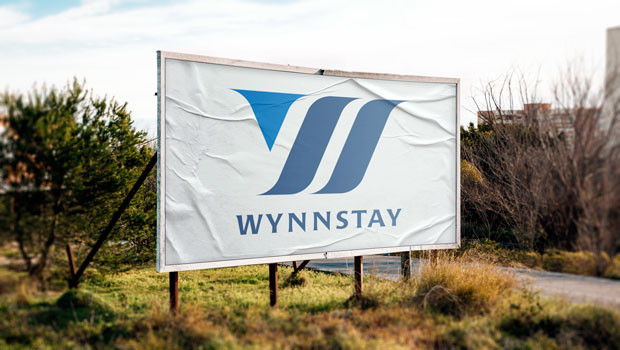Wynnstay reports weaker first half amid challenging market

Wynnstay Group reported a set of interim results impacted by challenging trading conditions on Tuesday, as anticipated.
Food Producers & Processors
6,966.33
17:14 04/03/25
FTSE AIM All-Share
686.87
17:09 04/03/25
Wynnstay Group
315.00p
16:55 04/03/25
The AIM-traded firm said its performance was affected by exceptionally wet weather disrupting the seed planting season, weaker farmer sentiment, and falling commodity prices impacting manufacturing operations.
Despite those challenges, Wynnstay maintained its expectations for the full year.
The group recorded revenue of £328.5m - a decrease from £409.1m in the prior year, with the reduction primarily driven by commodity price deflation, which accounted for £69m, or 86%, of the decline.
Gross profit slightly decreased to £40.2m from £41.7m, reflecting lower activity levels, although unit margins across categories were broadly maintained.
Adjusted operating profit for the period was £4.7m, down from £5.8m, and adjusted pre-tax profit was £4.8m compared to £6m in 2023.
The reported pre-tax profit stood at £4.4m, down from £5.5m, while basic earnings per share dropped to 14.3p from 19.3p.
Wynnstay's net cash position improved significantly to £18.5m, benefiting from soft commodity price deflation, compared to a net debt of £7.3m in the prior year.
Net assets increased to £136.3m, or £5.91 per share, up from £132.4m or £5.87 per share,as the interim dividend was raised to 5.6p from 5.5p.
The agriculture division saw revenue of £257m, down from £333.6m, with an adjusted operating profit of £1.3m compared to £2.3m last year.
That decline was largely due to reduced seed and fertiliser sales caused by adverse weather conditions.
Manufactured feed volumes were 2.3% lower, though margins were maintained.
The specialist agricultural merchanting division reported revenue of £71.5m, down slightly from £75.6m, with an adjusted operating profit of £3.3m, nearly unchanged from £3.4m.
Sales in the division were only 0.8% lower when adjusted for deflation.
The company faced higher labour, distribution, and packaging costs, but those were partially offset by ongoing efficiency initiatives.
Investment programmes were reported to be on track, including increasing feed manufacturing capacity and installing the next phase of solar panel arrays.
Looking ahead, trading in April and May was ahead of the prior year, with weather-deferred sales expected to boost performance in the second half.
Wynnstay reported favourable forward positions in grain and a strong order book in fertiliser, though some margin pressures were persisting.
The outlook for farmgate prices, particularly for milk, was more favourable.
Wynnstay said it remained positioned to deliver a full-year performance in line with current market expectations, with a more significant second-half weighting than last year.
“Trading conditions in the first half of the financial year were significantly tougher than in the comparable period last year,” said executive chairman Steve Ellwood.
“The seed planting season was disrupted by persistent rain and wider farmer sentiment was weakened by suppressed farmgate prices and continuing uncertainty over governmental support policies.
“This was reflected in farm spending and investment patterns.”
Ellwood said the company managed trading pressures as effectively as possible, and broadly maintained margins across its product categories.
It also continued to make progress with its major investment programmes.
“Spring trading over April and May has been ahead of last year and we anticipate more favourable farmgate prices, especially for milk, in the second half of the year.
“The group continues to benefit from a strong balance sheet and good cash flow, which will support our investment and growth plans.
“Our expectations for the full year remain unchanged.”
At 0850 BST, shares in Wynnstay Group were down 1.82% at 382.9p.
Reporting by Josh White for Sharecast.com.